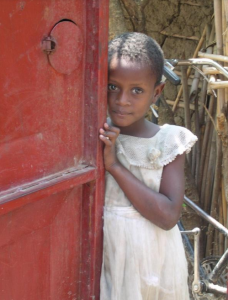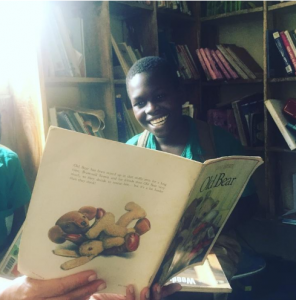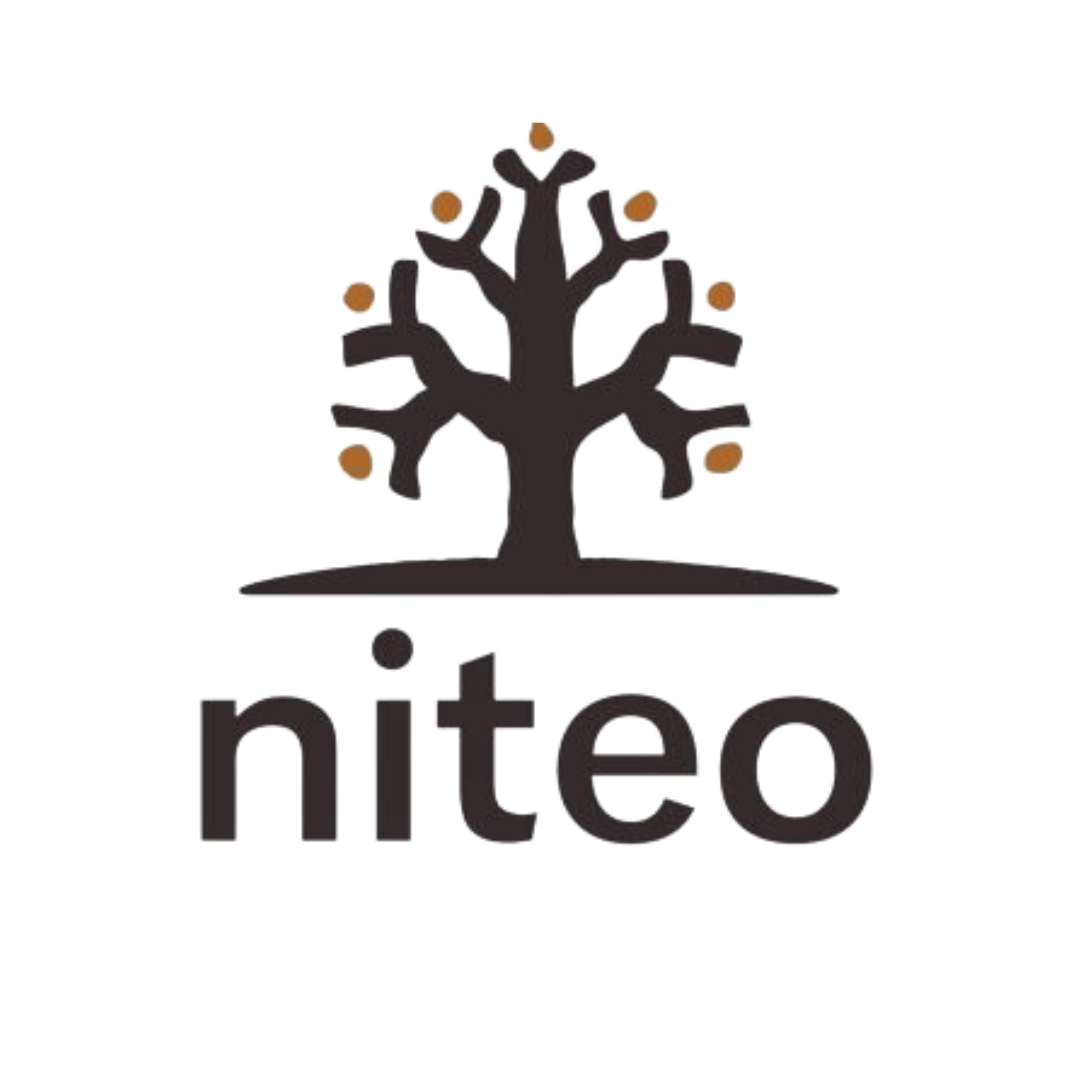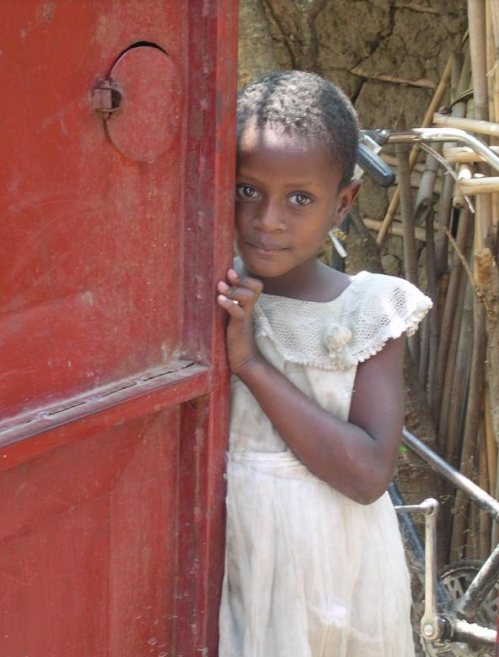By Karine Veldhoen and Dr. Susan Crichton
Literacy is the most basic unit of change for the world. Literate children become meaning makers, critical thinkers, and creative thinkers. Literate children become changemakers.
Literacy starts at an early age.
Very young children acquire language through conversation with their families and friends. In song and verse children find joy in communication and connection.
You can read to infants too. Why? Because you are connecting and creating possibilities, introducing patterns, images, sounds, shapes, and relationship.
Gradually the young child begins to recognize that spoken words can take the shape of written language. Through the complex literacy learning of listening, speaking, reading and writing, children become meaning makers.
Young learners need frequent practice in meaning making along their journey. As Paulo Freire teaches in Pedagogy of the Oppressed, “Reading is not walking on the words; it’s grasping the soul of them.” Children must have consistent opportunities to explore the meaning of text.
Books are joyful journeys!
Books are the beginning of reading.
 Open Books. Open Minds. Open Doors.
Open Books. Open Minds. Open Doors.
Over time, the child learns books are joyful journeys into the imagination, into new realities, and into unknown realms. They are explorations into the light and shadows of our humanity, with opportunities to learn and grow through the experiences of others. Books open the breadth of human knowledge, inviting both critical and creative thinking.
Books are a lens.
When we give a child a book, we are empowering her to explore the variety of information available in the world, a sense of personal identity, and an emerging idea of where she belongs within the global context. As Freire explains, it is “to see the world unveiled.” Seeing is the first step in transforming. Transforming begins as the child discovers new literacies.
If I am literate, then I am empowered and I can think differently. I can think differently in a process called design thinking. To think well, I need to focus my thinking. I can question, be empathetic, and human-centered in my approaches to the contextual problems I face.
In an increasingly complicated and interconnected world, there are multiple literacies that children need, but the key to all of them is reading and writing.
A reading culture is a practice of promise.
 By investing in the reading culture of challenging contexts and offering access to books, we give children an opportunity to read and write their way in the world. Reading literacy is a core competency and the beginning of what it means to be a participant in the world, a global citizen.
By investing in the reading culture of challenging contexts and offering access to books, we give children an opportunity to read and write their way in the world. Reading literacy is a core competency and the beginning of what it means to be a participant in the world, a global citizen.
When we give a child a book, we share with him the culture, history, and foundation of what it means to be human. Books can become the first independent step in becoming a learner, an active participant, and a capable agent of transformation in the world. To read is to participate in something bigger; it is a practice of promise.

